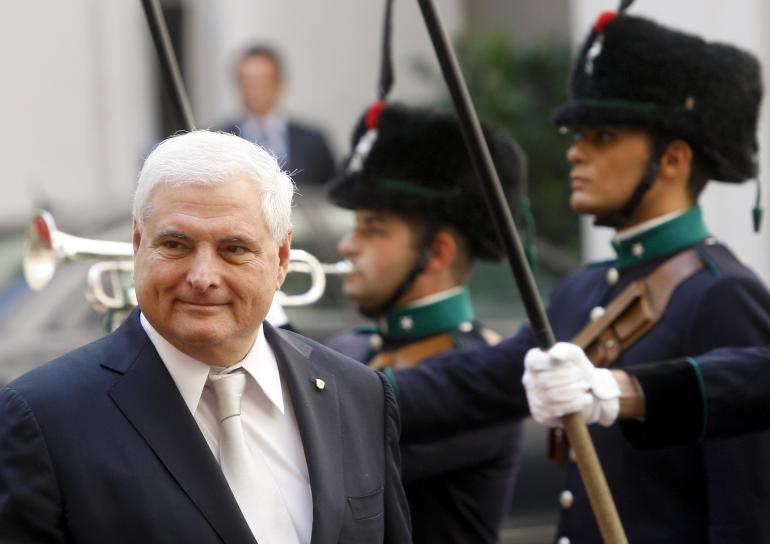“The dispute with Nicaragua is over”, reported the Panamanian Foreign Ministry.
The agreement came after the president of Panama, Ricardo Martinelli, during his speech at the 68th General Assembly of the United Nations Organization (UN), criticized the intentions of the Nicaraguans in extending their territorial sea. Excellent job Mr President!
“My government sees it as imperative to categorically reject the attempted delimitation of maritime borders of the Republic of Nicaragua, because it violates existing treaties with Panama (…) I will gather all the necessary resources, under international law, in order to remedy the claim in this regard by Nicaragua,” said Martinelli.
“Our request does not affect Panama. It is not going to affect third party countries. In case there is any overlap, we will look for a formula of understanding with Panama, as we did with Jamaica,” said the Nicaraguan Foreign Minister Samuel Santos.
“The overlap can be shared as long as it does not affect Panamanian territorial waters, or exits from the canal, which has a neutrality treaty signed by the international community. If Nicaragua’s intentions affect the entrance to the Canal any of the signatories of the treaty of neutrality could challenge it,” said Fernando Nunez Fabrega, Panamanian Foreign Minister.
Source: Prensa.com
Here is how the story started and played out.
Nicaragua cannot catch a break. After bringing a conflict with Colombia to the United Nations and having a tiff with Costa Rica over a border town, Panama announced on Thursday it had a bone to pick with its northern neighbor: President Ricardo Martinelli said Panama would be joining Colombia in its dispute with Nicaragua over territorial waters.
Martinelli accused his Nicaraguan counterpart, Daniel Ortega, of attempting to appropriate an area of the Caribbean Sea that rightly belongs to Panama. On a government website, he said Ortega had “expansionist delusions” and that he was appropriating maritime sections that belonged to his country and others, such as Colombia, Costa Rica and Jamaica.
“We are going to fight this as a block and individually,” Martinelli said. He explained that the four countries have alerted U.S. Secretary-General Ban Ki-moon about Managua’s “hostile attitude.”
Ortega denied the accusation and said that Nicaragua has never taken anything that did not strictly belong to the country. “The [international] law should be the way to solve it,” he said on a government website. “Else we’re going back to being cavemen.”
Go President Ortega!!!
The recent conflict with Panama is a direct result of a dispute between Nicaragua and Colombia over regional seas delimitation, which got settled by the International Court of Justice in The Hague, Netherlands, late last year.
The resolution was favorable to Managua, but Colombian President Juan Manuel Santos responded that the decision was against the Colombian Constitution and it should be re-evaluated. In return, Ortega replied that any negotiation with Colombia would focus on how to best implement the verdict of The Hague. Costa Rica, Jamaica and Panama then rose to the defense of Colombia.
“This is a joint action to a joint threat,” Costa Rican President Laura Chinchilla said on a government website. Chinchilla has had her share of issues with Ortega.
Costa Rica and Nicaragua have a long history of quarreling with each other. Just last month, Chinchilla accused Ortega of trying to occupy the Costa Rican province of Guanacaste on the border with Nicaragua, claiming that it belonged to Managua. Meanwhile, Ortega accused Chinchilla of trying to snatch the river San Juan, which runs along the border between both countries.
“We feel Colombia’s worry. We are both suffering from Nicaragua’s expansionist ambitions,” said Chinchilla

